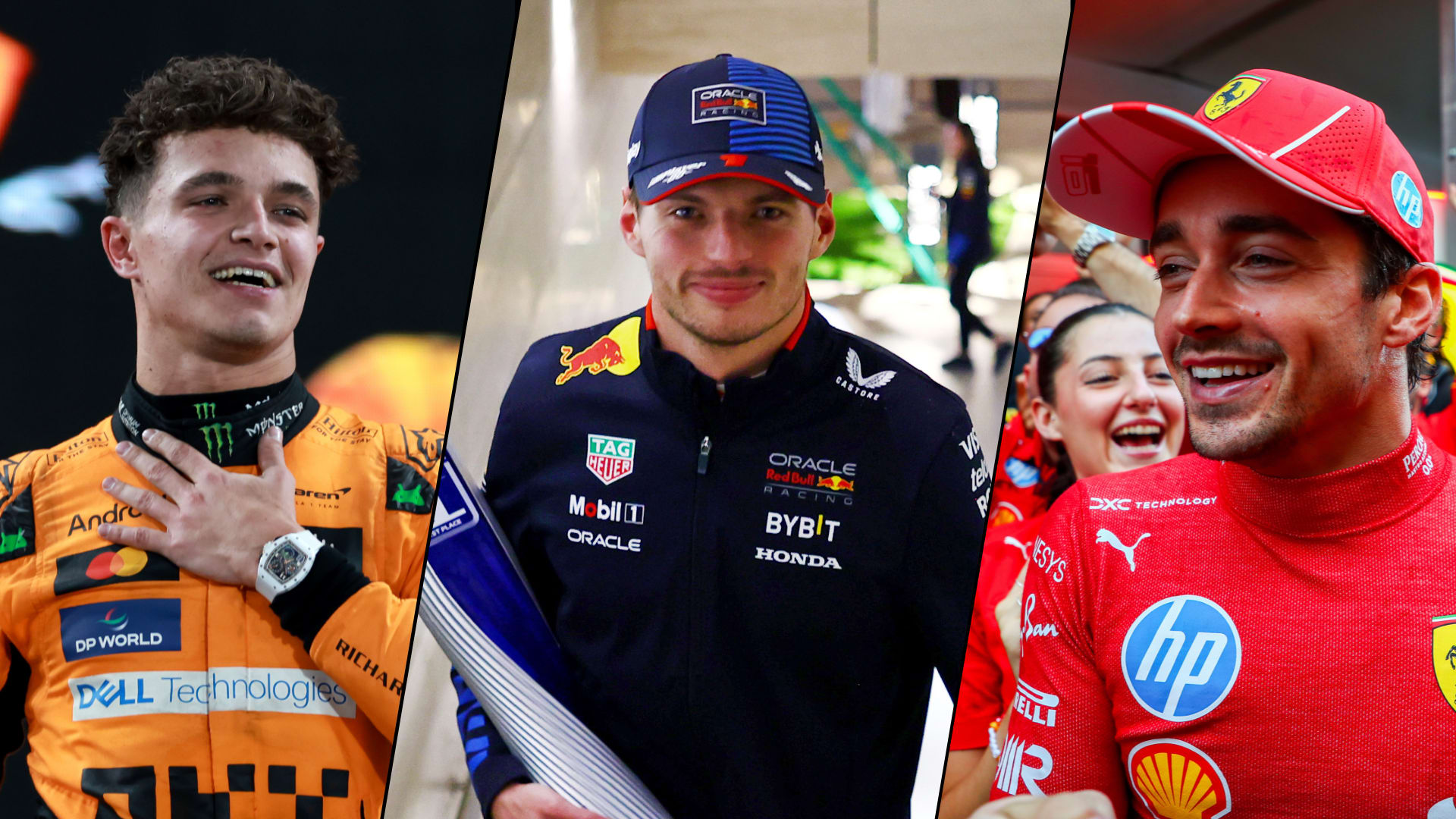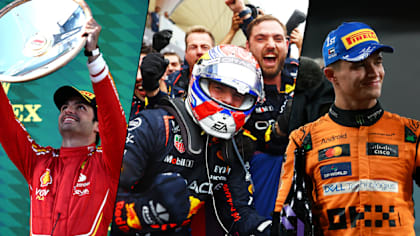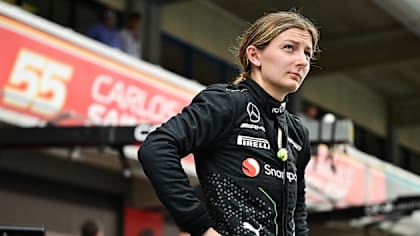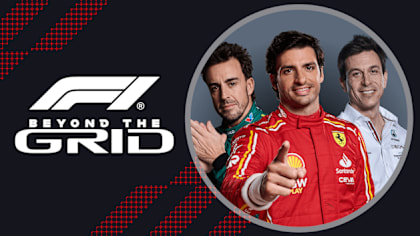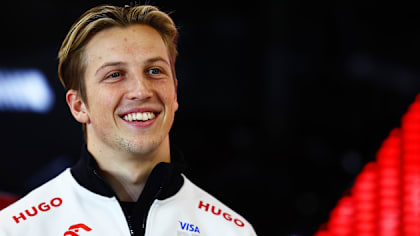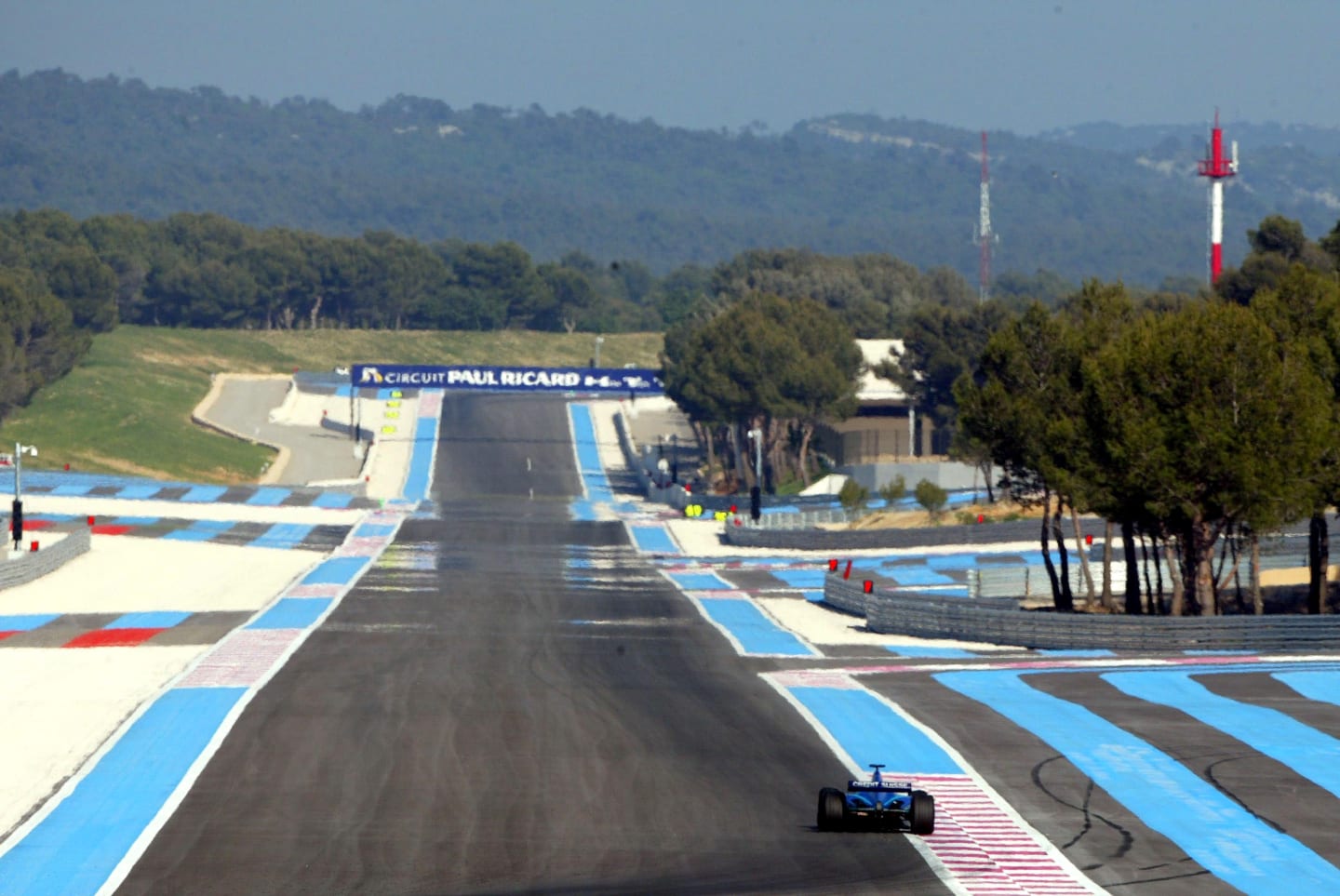
Feature
FRANCE PREVIEW – the stats and info you need to know
Share

Formula 1 returns to the Circuit Paul Ricard this weekend for the first French Grand Prix at the venue since 1990. Here’s what to expect when F1’s hybrid-era cars make their bow at the southern French track...
As if it hasn’t been hard enough to predict races this year – with Red Bull, Ferrari and Mercedes all having taken multiple victories so far – we’ve now got a ‘new’ venue, the Circuit Paul Ricard, in the mix as well. That’s ‘new’ in inverted commas because, of course, Formula 1 cars have raced at Paul Ricard before, with Alain Prost winning the last Grand Prix there in 1990 in his shrieking V12-engined Ferrari 641.
That may be a good omen for newly-minted championship leader Sebastian Vettel, with the Ferrari driver having risen to the top of the standings after his victory last time out in Canada, becoming the first man this year to claim three wins (Daniel Ricciardo and Lewis Hamilton have two apiece).
What might also help Vettel in France is the fact that chief rival Hamilton has made no secret of his dislike for the Paul Ricard track. Hamilton does have a brand-new, upgraded Mercedes engine in his locker, though, which could bring him and Mercedes team mate Valtteri Bottas back on par with Ferrari at this power-dependent circuit.
Then again, Canada was a power-dependent track and Red Bull’s Max Verstappen topped all three practice sessions there before going on to finish third in the race. So it really is all to play for as Formula 1 heads into its first ever triple header of races, with France, Austria and Great Britain coming up in quick succession.
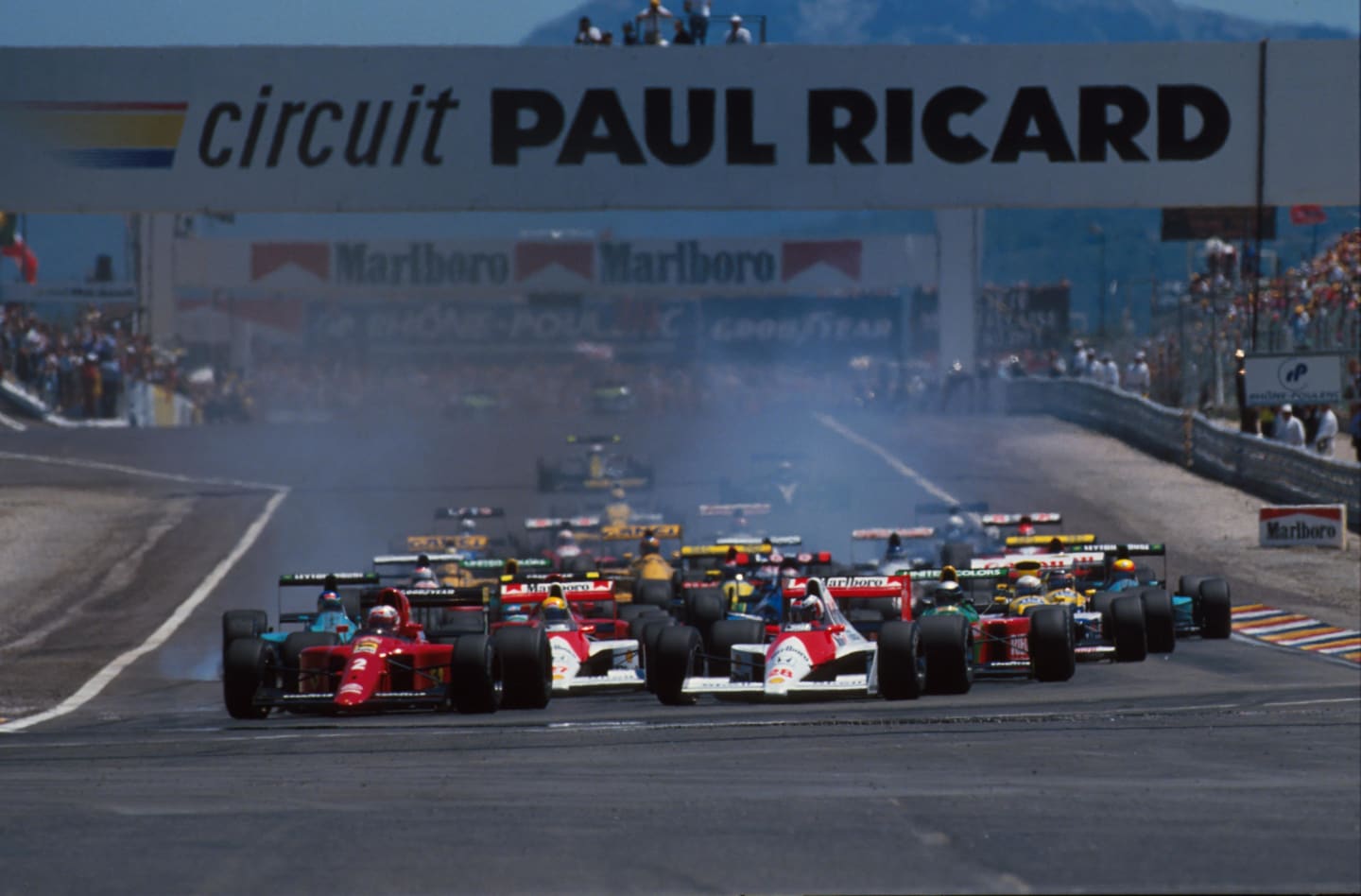
The form book
Race victories at the last three Paul Ricard-hosted French Grands Prix have been shared between McLaren and Ferrari – but given that that was over quarter of a century ago, we don’t know how much we can read into that…
Joking aside, it’s true that none of the teams has any meaningful sort of form at the track, with Paul Ricard having only been used for sporadic tyre tests in the last few years, while certain drivers like Max Verstappen and Lewis Hamilton have never raced at the track in any category. What we can predict is that its long straights will reward good engine power, while the long, technical corners will favour aero efficiency, as well as revealing stylistic differences between drivers.
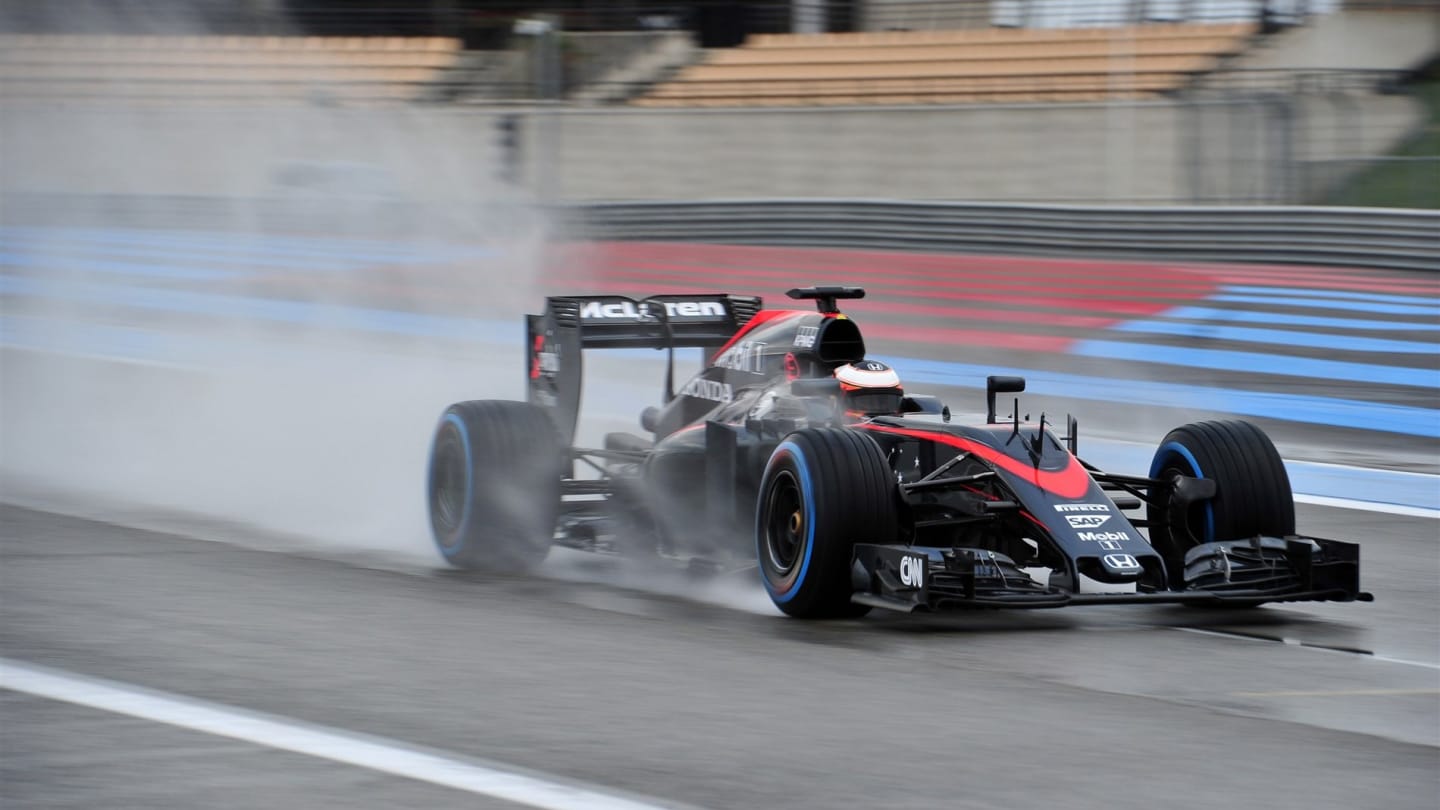
The stats that matter
-
The track that the drivers will race on this weekend is one of 167 different potential layouts of the Paul Ricard circuit.
-
10 out of the 20 drivers on the grid weren’t born when the last French Grand Prix at Paul Ricard took place. Only four of the current drivers took part in the last edition of the French Grand Prix, at Magny-Cours, in 2008: Lewis Hamilton, Fernando Alonso, Kimi Raikkonen and Sebastian Vettel.
-
If either Valtteri Bottas or Kimi Raikkonen win the Grand Prix on Sunday, it will mark the 50th Finnish victory in F1. Finland are the fifth most successful country in terms of F1 wins, behind only the United Kingdom, Germany, Brazil and France. Not bad for a country of less than six million people…
-
Charles Leclerc is one of only three drivers yet to lose a position in the first lap of a race this season, and the Sauber driver’s in good company – the other two are Sebastian Vettel and Daniel Ricciardo…
-
Lewis Hamilton has already claimed the most pole positions of any Formula 1 driver in history, but if he takes pole at Paul Ricard, it will be his 75th. He’s also scored points at every race since his engine blew up at the 2016 Malaysian Grand Prix, and is now just nine Grands Prix shy of Nick Heidfeld’s consecutive finishes record.
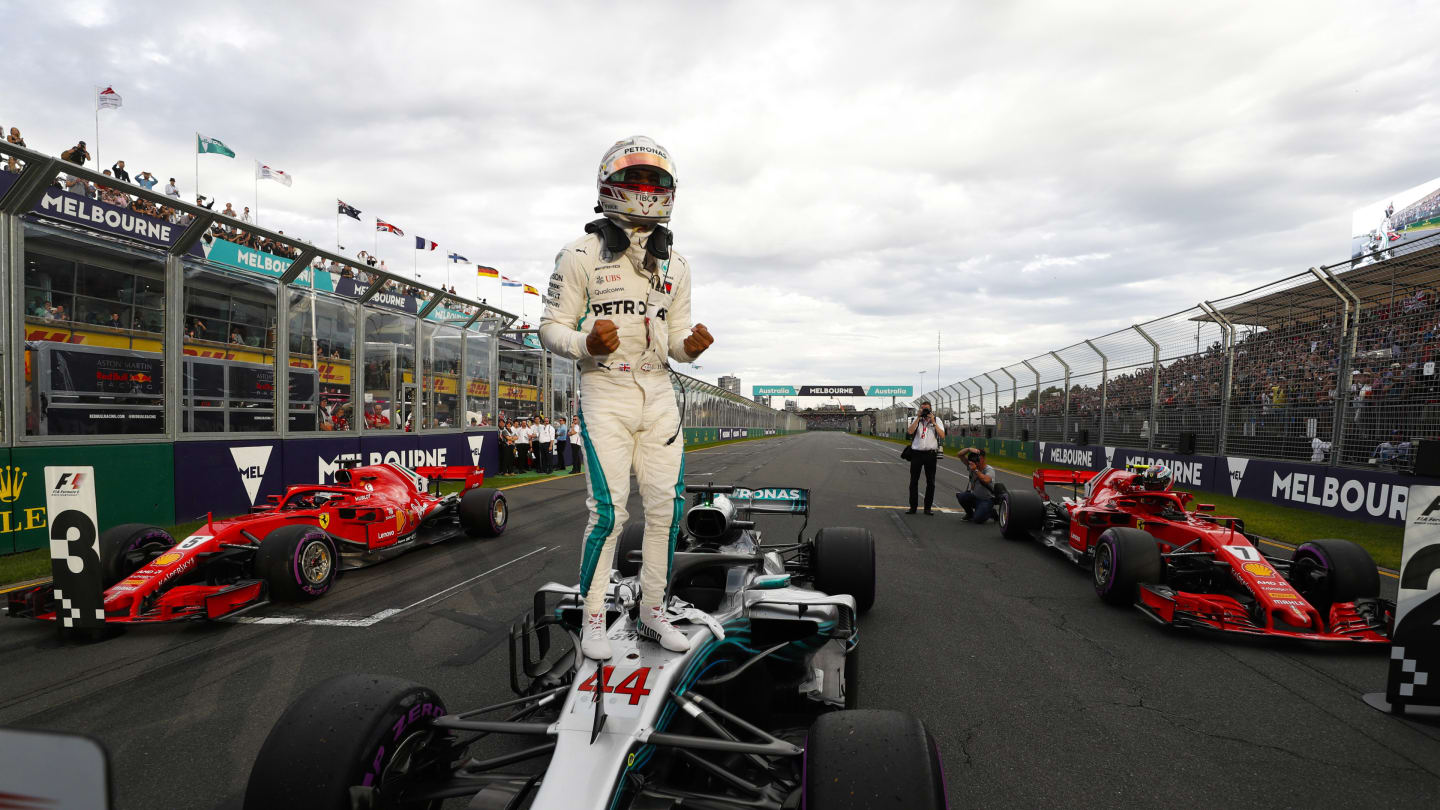
-
If Kimi Raikkonen takes pole position at the Circuit Paul Ricard, it will make him the oldest polesitter since 41-year-old Nigel Mansell claimed P1 on the grid at the 1994 Australian Grand Prix.
-
Mercedes-Benz as a company has never played any part in a Paul Ricard-hosted French Grand Prix before. After pulling out of the sport in 1955, and thus missing the first ever race at the circuit in 1971, Mercedes didn’t return to F1 in any capacity until 1993, three years after the last Paul Ricard race.
-
Alain Prost’s 1990 win at Paul Ricard was Ferrari’s 100th. A win for either Vettel or Raikkonen on Sunday will be the Scuderia’s 233rd.
-
Max Verstappen has yet to claim a pole position in his F1 career, but if he does so this weekend, he’ll be both the youngest F1 driver to take one as well as the 99th different polesitter in F1 history.
-
Kimi Raikkonen has been out-qualified by Sebastian Vettel at the last six races, but he would have been on pole in both China and Azerbaijan if he’d strung his three fastest sectors together.
The circuit
Built in 1970 and arguably setting the template for modern F1 tracks with its large run-off zones, the Circuit Paul Ricard lies in the (usually) sunny south of France between the cities of Toulon and Marseille. The track has been completely resurfaced ahead of the 2018 French Grand Prix, with a smooth and grippy tarmac that will give a similar feel to the asphalt at Barcelona.
The 5.842-kilometre Paul Ricard circuit is characterised by several fast, long radius corners. The one that’s got tongues wagging, though, is the Turn 10 right-hander, known as Signes, which the drivers will take flat-out at around 290 km/h. That should mean that they’ll be feeling their necks when they get to the end of Sunday’s 53 scheduled laps.
The track formerly featured a 1.7-kilometre straight known as the ‘Mistral Straight’. But, like the Mulsanne Straight at another famous French track, Le Mans’ Circuit de la Sarthe, a chicane has now been added to slow the cars down.
Another thing designed to decrease the cars' speed is the Circuit Paul Ricard’s famous ‘Blue Zone’, the blue and red stripes at the side of the track. While running onto these might seem like a light punishment for getting a corner wrong, the tungsten and asphalt mixture is very abrasive, making a trip off the track a tyre-punishing experience.
)
The tyres

After two races using the pink hypersoft tyre, Pirelli have gone a step harder in compounds for the French Grand Prix, with the purple-walled ultrasoft now the softest available, the yellow-walled soft the hardest and the red-walled supersoft sitting in the middle.
Given the grippier characteristics of the freshly-laid asphalt, Pirelli have reduced the tread depth on the tyres for this weekend by 0.4mm, as they did in Barcelona and as they will do again at Silverstone – all three tracks having been resurfaced for 2018.
“Paul Ricard is effectively an entirely new circuit for everyone,” says Mario Isola, Pirelli’s Head of Car Racing, “but we have some idea of what to expect not only from Formula 1 testing, but also through our experience of GT racing, with the track having recently hosted the latest round of the Blancpain GT Series. From this, we can expect high grip but low degradation, similar to Barcelona.
“One other factor could be the weather, though, as high track temperatures are possible over the weekend, which would increase thermal degradation. With the teams being not so familiar with the new Grand Prix track layout, free practice will be even more important than usual to get an accurate read on tyre behaviour. Only after then will we have a better idea of what the most likely strategies might be.”
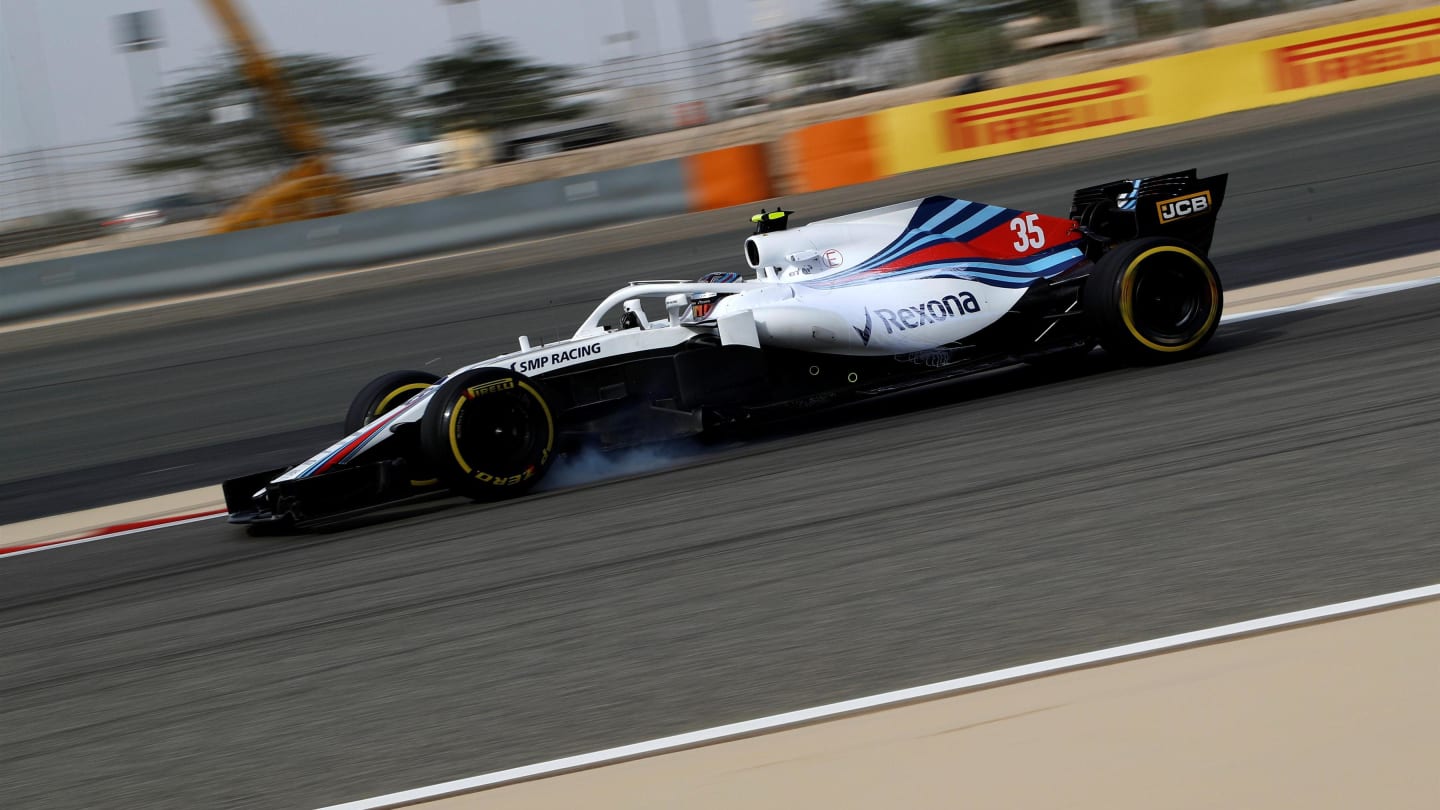
The forecast
Temperatures are going to be hot, with highs of 30 degrees Celsius during Friday’s practice sessions, dropping to around 26 degrees on the Saturday and Sunday. But the sting in the tail could be the predicted rain on Saturday which, if it arrives, could make FP3 and qualifying very interesting indeed.
Keep an eye on the windsock too. With the track's flat, open nature and proximity to the coast, Paul Ricard can often be quite windy, which could play a part in overtaking, especially down the back straight.
When does the French Grand Prix start?
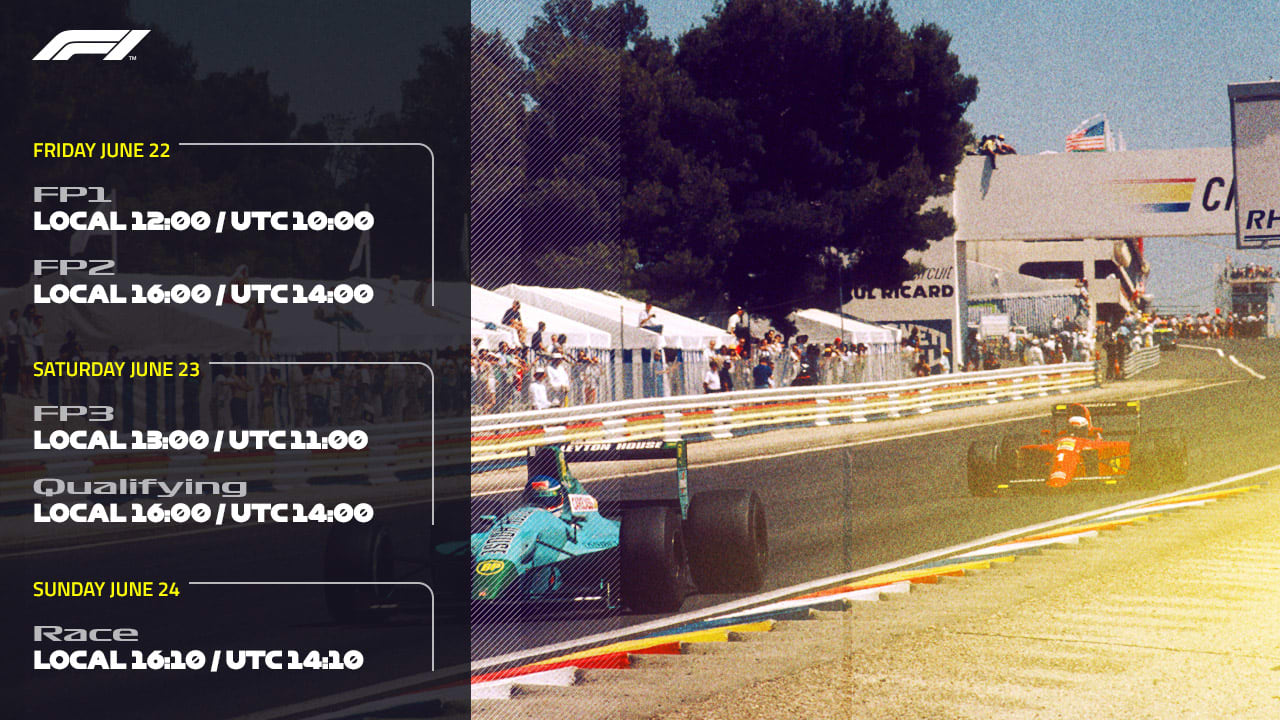
YOU MIGHT ALSO LIKE
Feature Our writers pick their best drivers and favourite stories from 2024 – and who needs to up their game in 2025
News Doriane Pin to continue with Mercedes for 2025 F1 ACADEMY campaign
Podcast BEYOND THE GRID: The best of 2024 – featuring ageless Alonso, Carlos’s comeback and super-sub Bearman
News Excited Lawson reacts to Red Bull promotion as he details discussions with Horner and outlines his goal
